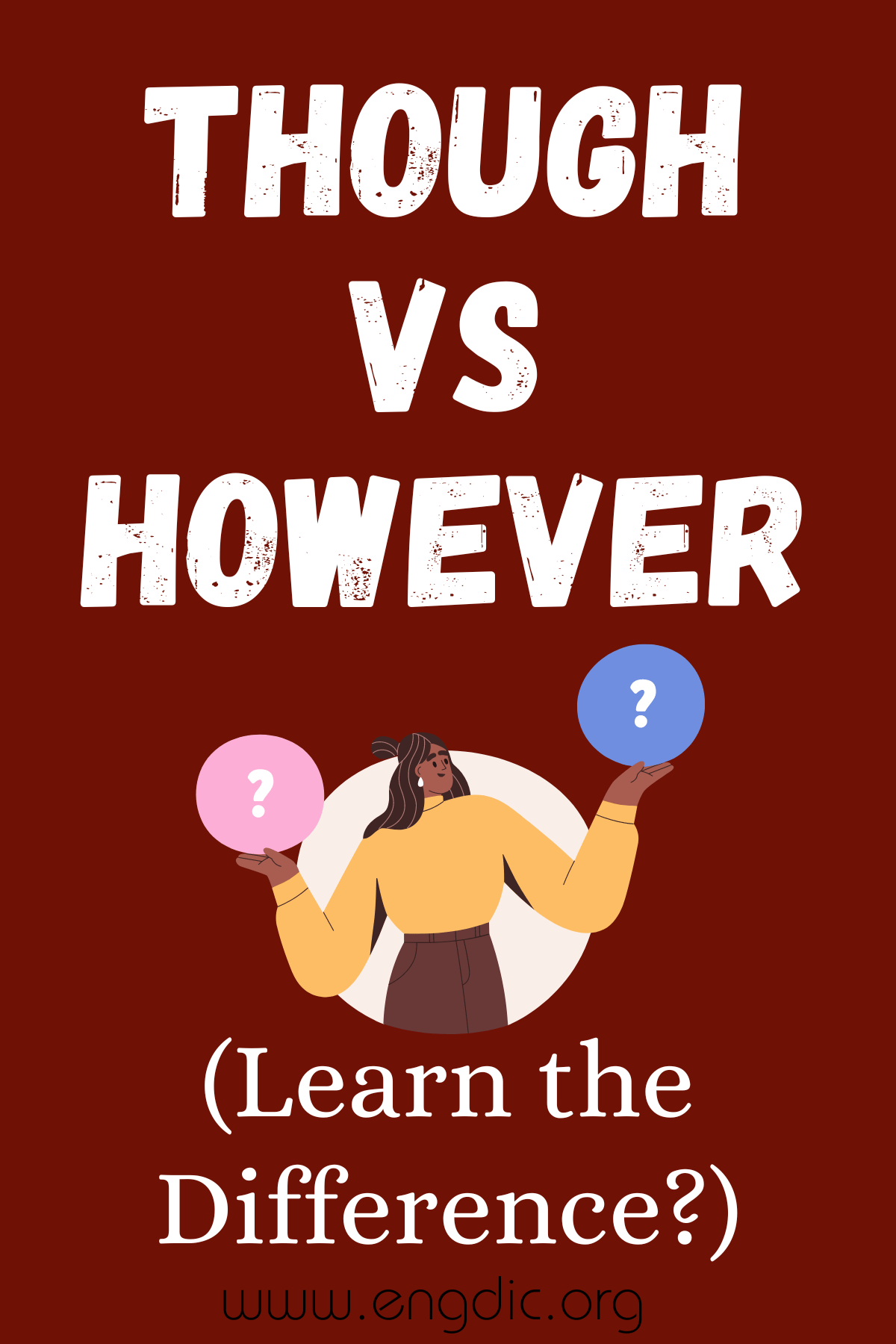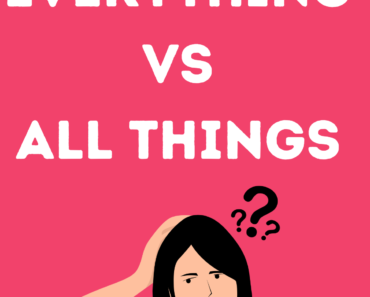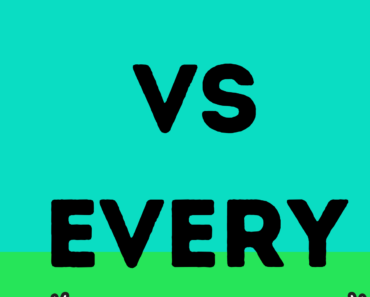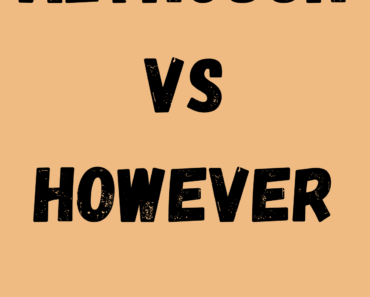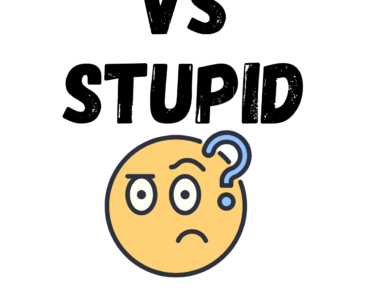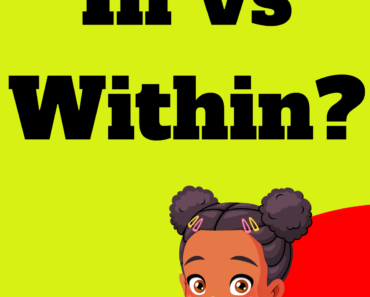“Though” and “However” are two words commonly used to introduce a contrast or contradiction in English, but they serve different functions and fit into sentences differently. Understanding the difference between these two can significantly improve clarity in writing and speaking.
Definition and Usage of “Though”
Definition: “Though” is a conjunction used to introduce a contrasting part of a sentence that may seem surprising or unexpected given the rest of the information.
Usage and Examples:
- Concessive Clauses: “Though” introduces concessive clauses, which acknowledge a point but negate its impact by preceding another contrasting clause. For example:
- “Though it was raining, we went for a walk.”
- Ending Sentences: “Though” can be used at the end of a sentence to introduce a retrospective contrast or afterthought. For example:
- “The movie was predictable. I enjoyed it, though.”
- Informal Settings: “Though” often appears in more casual, conversational settings. For example:
- “It’s a bit pricey, though.”
Definition and Usage of “However”
Definition: “However” is an adverb used to introduce a statement that contrasts with something that has been mentioned previously.
Usage and Examples:
- Contrasting Statements: “However” is typically used to introduce a sentence or clause that contrasts sharply with the previous statement. It is often followed by a comma when used in this way. For example:
- “The path was slippery. However, we reached the top without any mishaps.”
- Position Flexibility: “However” can appear at the beginning, middle, or end of a sentence, although it is most common at the beginning. For example:
- “We planned to hike. The weather was bad, however.”
- Formal Writing: “However” is preferred in formal writing and often serves to create a more polished tone. For example:
- “The proposal was sound. However, it was ultimately rejected.”
